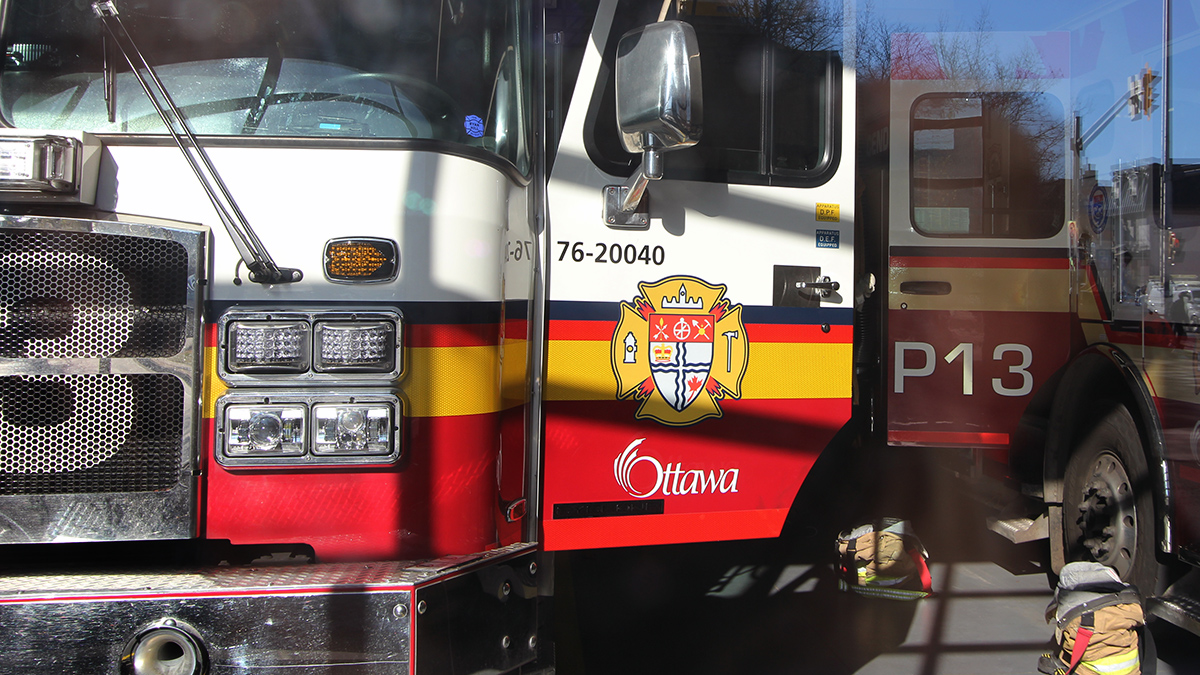Ottawa city council has approved a plan to classify 473 volunteer rural firefighters in the city as “casual employees”.
The plan was unanimously supported by the Emergency Preparedness and Protective Services Committee on Feb 15.
Among the outspoken supporters on the committee was West Carleton-March Coun. Clarke Kelly, who holds a close personal connection with the work of rural firefighters in the ward where he has lived all his life.
“In June 2020 I got a call from my dad. My mother had a medical emergency,” said Kelly during the meeting.
“When I got home, it was a volunteer firefighter — someone who used to live in the community where I grew up — who met me at the end of my driveway and told me my mom had passed,” he told the committee.
“I’m able to speak about that on a whole other level than anything else in my life. It’s very personal to me,” said Kelly in an interview with Capital Current. “I remember the details. I remember how it made me feel and I remember how those volunteer firefighters being there made me feel.”
Rural firefighter Chris Burke said it has become more difficult to recruit rural firefighters — sometimes called volunteer firefighters — particularly in the last few years. The council decision will hopefully improve that situation.
“We respond to a huge variety of calls and certainly in the last five years, with the explosion of natural disasters, it has been a huge impact on the rural division,” said Burke.
“Just to inform the rest of the committee, municipalities across the entire province are faced with retention and recruitment issues within the volunteer scope for a number of reasons [including] increased demands on their personal time [and] increased demands for NFPA [National Fire Protection Association] certifications,” he said.
According to a city staff report, rural firefighters wear nearly identical uniforms to career firefighters and must pass the same physical testing for qualification.
The inclusion of the volunteer firefighters will cost the city about $500,000, which will come from the OFS budget. Under the plan, rural firefighters will be entitled to vacation pay and contributions towards the Ontario Municipal Employees Retirement System, the Canadian Pension Plan and Employment Insurance as well as the opportunity to apply for internal jobs with the city of Ottawa.
Rural firefighters form 40 per cent of Ottawa Fire Service while providing service to 80 per cent of Ottawa’s landmass.
Rural firefighters are paid hourly for their work with wages ranging between $18.93 to $29.59 per hour for fire captains. On average they work 10 hours per week, though this jumped during the wildfires in the summer 2023.
“Our rural members provide a very vital service to our residents, and they represent the city with professionalism and integrity,” said Hutt, who added that the proposed employment change would be “a recognition showing that they are valued and that the sacrifice that they do supporting our community each and every, said Paul Hutt, the chief of the Ottawa Fire Service.”
“This is an important item we have been working on for a long time,” said Kim Ayotte, General Manager of Emergency and Protective Services. “As far as I’m concerned, this is a good news story, and we’re hoping to have everyone’s support.”




